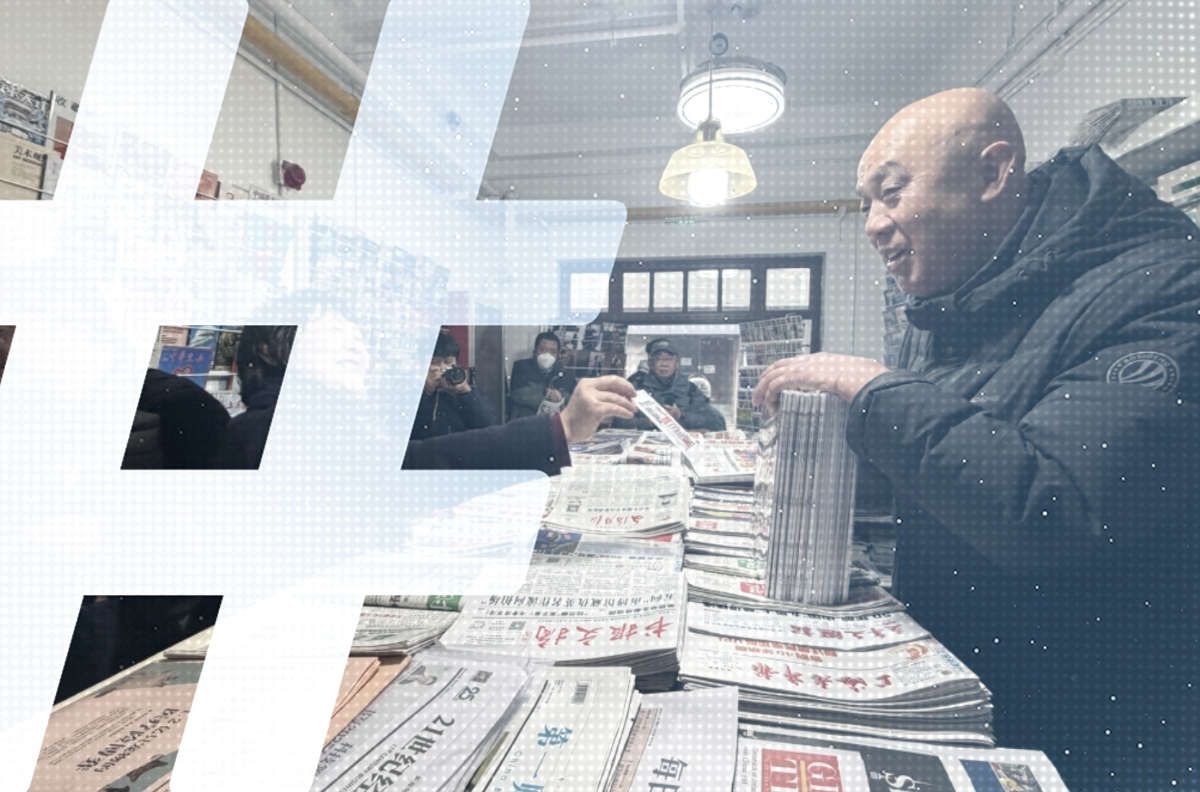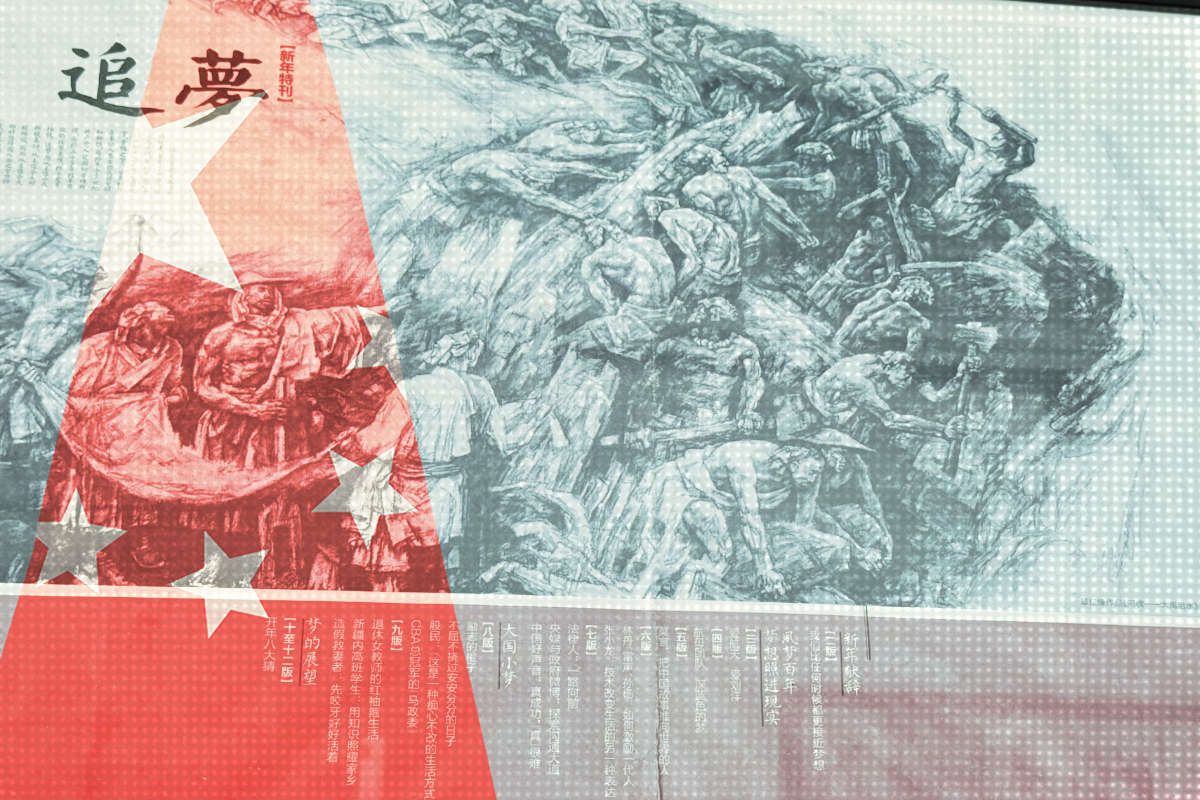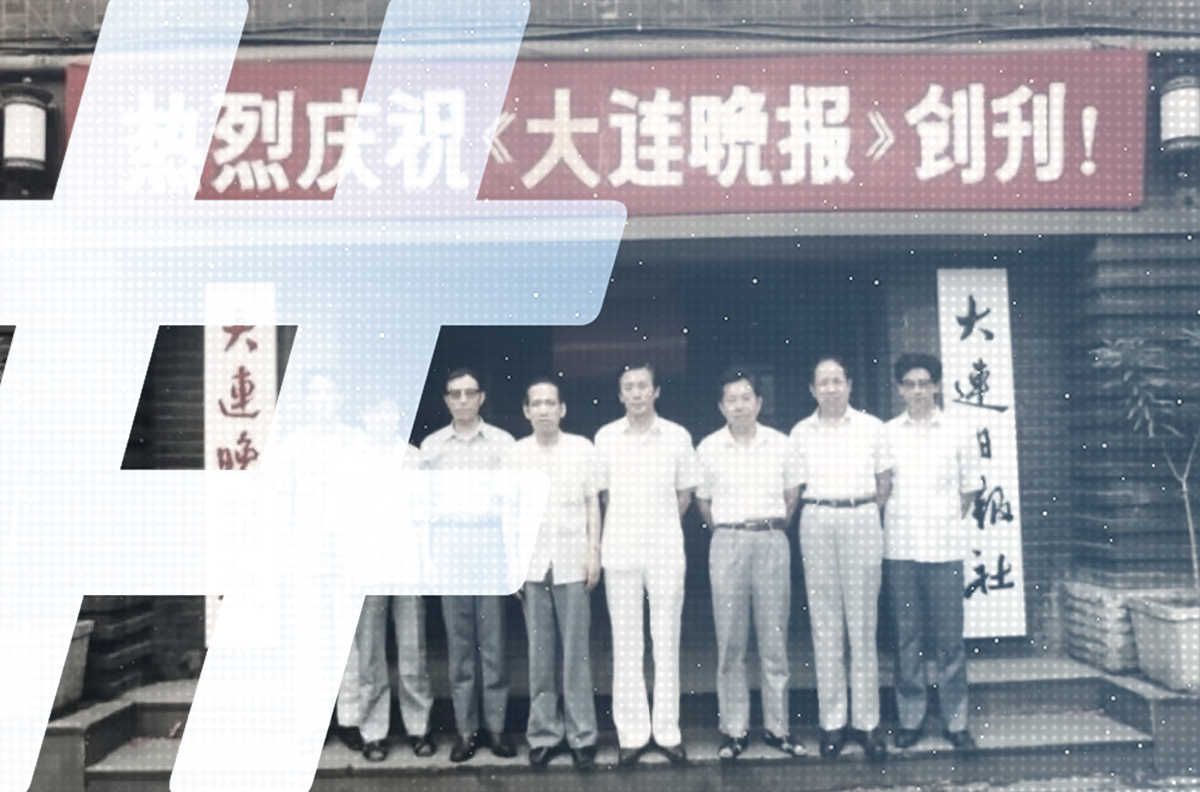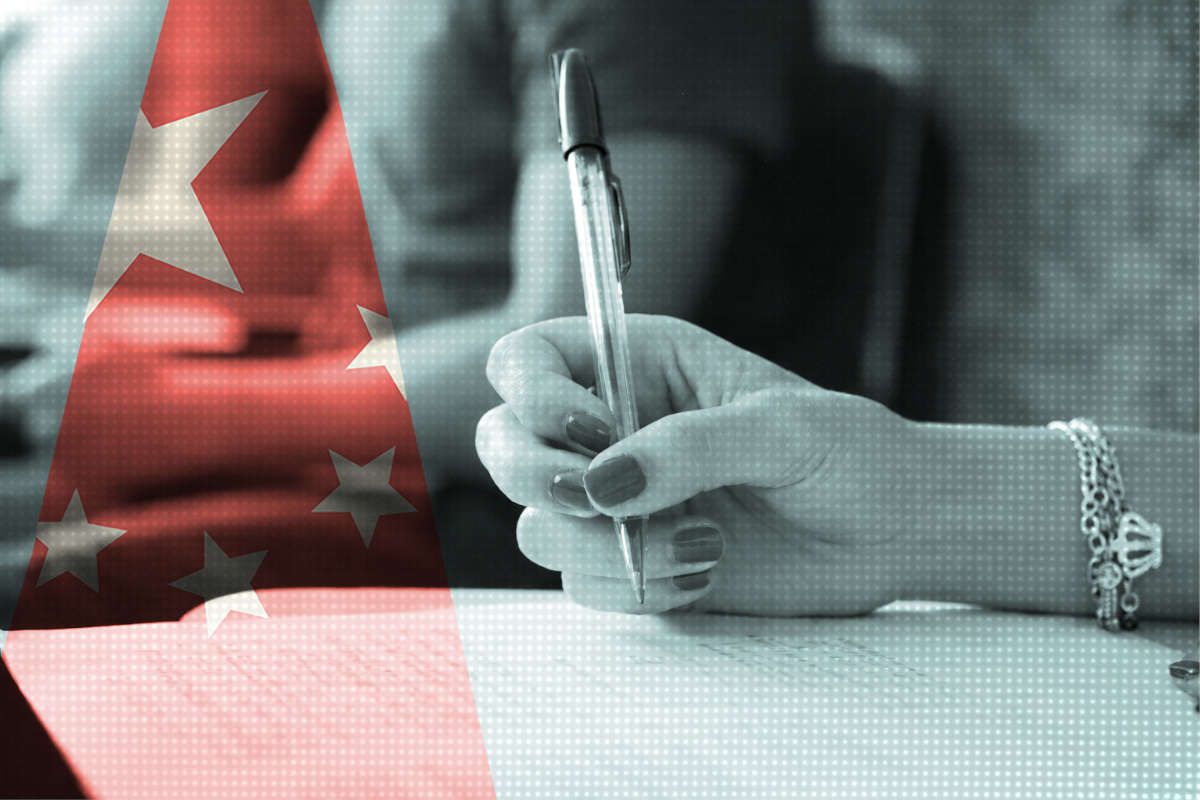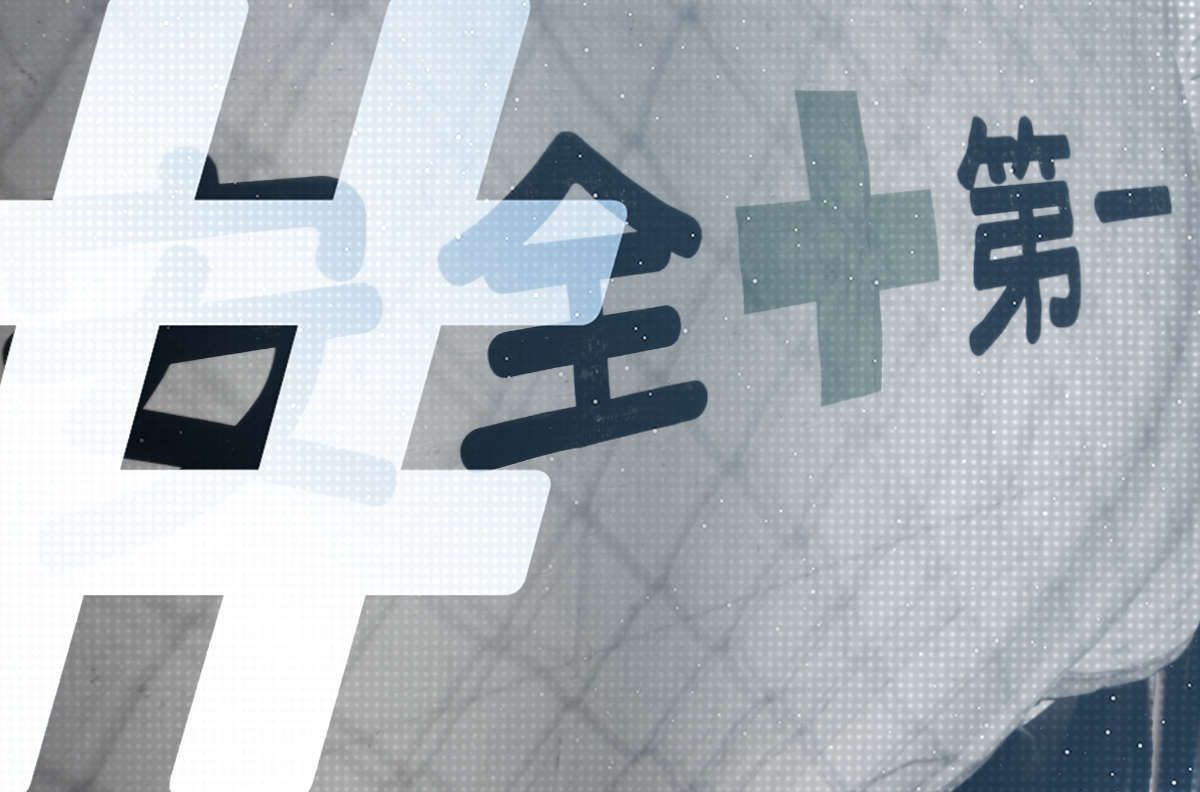For the Chinese leadership, the 80th anniversary of the country’s victory in the War of Resistance Against Japan in World War II is a major milestone — an opportunity to signal the power of the ruling Chinese Communist Party to people at home, and the country’s global ambitions to audiences abroad. These goals were on full display during the ritualized pageantry of the military parade yesterday in Beijing, attended by Russian leader Vladimir Putin and North Korean dictator Kim Jong Un.
Preparations for the celebrations, coinciding with this week’s Tianjin meeting of the Shanghai Cooperation Organization (SCO), an event that has sparked lively discussion and speculation about whether or not we are witnessing a fundamental shift in the world order, were months in the making. In recent days, the logistical preparations have brought the center of the capital to a literal standstill.
But in the days ahead of this week’s parade of high-tech weaponry, ideological moves of equal or greater importance have prepared the way for the CCP’s new historical consensus. This view rewrites the history of global war and peace to firm up the narrative of China’s centrality. It was the CCP, the story goes, that decisively won the war for Asia and for the world.
Backbone Narratives
On Sunday, the China Youth Daily, an official newspaper under the Chinese Communist Youth League (CCYL), ran an article by Shi Quanwei (史全伟), a research fellow at the Party History and Literature Research Institute of the CCP Central Committee. Shi argued the CCP had been the “backbone” (中流砥柱) of the entire nation’s resistance during the War of Resistance Against Japan. Furthermore, Shi says it was the united front leadership, guerrilla warfare tactics, and exemplary governance of the CCP that made it crucial to China’s wartime resistance.
“The experience of three revolutions, especially the War of Resistance, has given us and the Chinese people this confidence,” he wrote. “Without the efforts of the Communist Party, without Communists serving as the backbone of the Chinese people, China’s independence and liberation would have been impossible.”
Just as the celebrations yesterday invited talk of the conspicuous sidelining of the United States as a global leader — and by extension what state media like to call the “US-led West”(美西方) — reconstructed narratives made much of the historically inflated importance of the US in the global conflict 80 years ago.
Quoting from several global talking heads, the government-run China Daily pressed the point that the attack on Pearl Harbor in 1941, the quintessential inflection point in American narratives of fascist resistance, had been given too central a role in the broader global story — as had the role of the United States in the Pacific theater. Instead, it was the CCP that had led the decisive grassroots resistance years before the belated American entry. As the descendant of one Soviet pilot was quoted as saying, glossing over the role of Republican forces in China at the time: “China’s resistance war was already underway before the Pearl Harbor incident. Chinese forces long tied down Japanese military strength and manpower, preventing them from extending their influence to the Pacific and the entire Far East region at that time.”
This wave of writing and commentary on WWII history was promoted through traditional state-run outlets and new social media accounts all through August. According to these pieces, the emphasis on the US role had for decades overshadowed, or inexcusably sidelined, China’s role in the global conflict.
On August 16, an article appeared on WeChat that claimed American academia had deliberately downplayed China’s role — which was to say, the role of the CCP. In recent years, the author wrote, the geopolitical rivalry between China and the US had led American historians to overlook China’s role in the Pacific theater, “fully exposing the United States’ political manipulation of history to gain political advantage.”

That argument, of course, has many flaws — not least the absurd assumption that US historians (like Chinese ones?) are an organized and geopolitically-motivated force, lacking professional integrity and unable to distinguish between the present-day People’s Republic of China (PRC) and the Republic of China (ROC). This latter was China’s recognized government during World War II.
But the nature of the messenger in this and many other instances of historical redrafting in recent weeks is perhaps more telling than the substance. The author of this piece, “How Has American WWII Historical Research ‘Drifted’?,” was a scholar from the American Academy (美国研究所), a unit within the China Institute of Contemporary International Relations (中国现代国际关系研究院) — a front organization operated by the Ministry of State Security (MSS) and charged with engaging with foreign scholars.
And what of the outlet that published this piece — a drop in the wave of efforts to re-center China at the expense of the truth? It is a website launched in 2021 called “China’s Diplomacy in the New Era” (习近平外交思想和新时代中国外交), an outlet under the China International Communications Group (中国外文出版发行事业局), or CICG. The office, which masquerades as a press group, operates scores of online outlets including such government sites as China.com.cn, and has been tasked by Xi Jinping as a key vehicle for the CCP’s international communication. CICG’s parent is the Central Propaganda Department of the CCP Central Committee.
The social media account of “China’s Diplomacy in the New Era” — whose Chinese moniker bears the name of Xi Jinping himself — has been pushing a variety of articles on World War II in recent weeks. These mostly re-interpret the conflict through the lens of current geopolitics, colored with familiar state narratives, including contemporary Chinese claims to sovereignty in the South China Sea.
As the soldiers, tanks, missiles and drones goose-stepped and rolled along Chang’an Avenue on Wednesday, and Vladimir Putin had his smiling moment with Xi Jinping, some might have felt a sense of America sliding out of contemporary relevance. But behind the physical demonstrations of military might and the cementing of partnerships, there was an insistent narrative effort on all fronts to re-position China — and by extension, the CCP — at the center of the global historical narrative. For the leadership’s vision of a “new type of international relations,” nudging American leadership out of contemporary geopolitics is only half the battle; ensuring that it slips out of the history books may be equally important.


